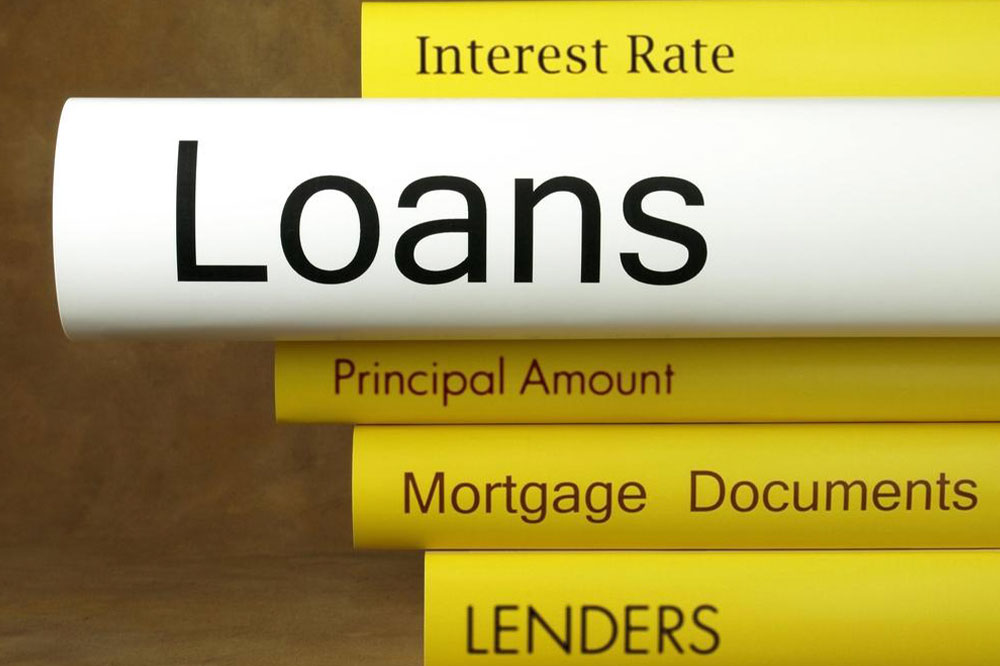5 types of loans for different purposes

An individual might consider applying for a loan for several reasons, including purchasing a new vehicle or house, starting a business, or for an emergency. Sometimes one may even borrow funds despite having sufficient money to maintain liquidity. Today, banks offer a range of financial options to those looking for reasonable interest rates and repayment schedules. If you plan on taking out a loan, here are a few types of loans for various occasions.
Mortgage loans
With the help of a mortgage loan, you can cover the purchase price of a home, excluding the down payment. The purchased property is considered collateral, which can be foreclosed if you miss making repayments. Since buying a home is significantly expensive, the repayment schedule stretches between ten and 30 years or higher based on the borrower’s financial situation.
Personal loans
You can apply for a personal loan and use the amount for anything you wish. It could be used for payments towards weddings, home improvement projects, or for emergency expenses. A personal loan is usually unsecured and does not require collateral. The amount may also have a fixed or variable interest rate and repayment terms extending from a few months to a couple of years.
Credit builder loans
This type of loan is suitable for people with poor credit or no credit file. The lender transfers the loan amount (usually between $300 to $1,000) into a savings account with a repayment schedule between six to 24 months. Once the loan is repaid, the borrower gets the money back (sometimes with interest). This type of loan does not require a credit check, making it an attractive option.
Student loans
Those who need to pay for college and graduate school may consider taking out a student loan from a private lender or the federal government. May prefer the latter because the government offers forgiveness, deferment, income-based repayment options, and forbearance. Moreover, federal government loans usually do not require a credit check. On the contrary, loans obtained from a private lender will require a credit check, and the lender will likely set the loan terms, fees, and interest rates. They may also not offer income-based repayment plans or loan forgiveness.
Auto loans
This is one of the most feasible types of loans for new vehicle purchases. The vehicle bought with the sum is considered collateral. So in this scenario, the lender can repossess the purchased automobile if you stop making regular payments. Banks usually issue auto loans with terms ranging from 36 months to 72 months. However, you could get a higher repayment term based on current vehicle price inflation trends.





